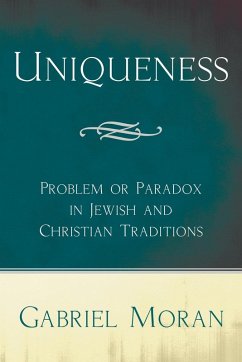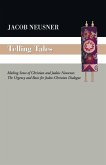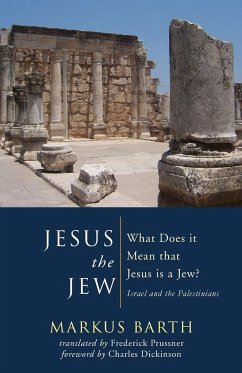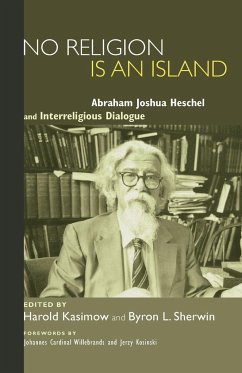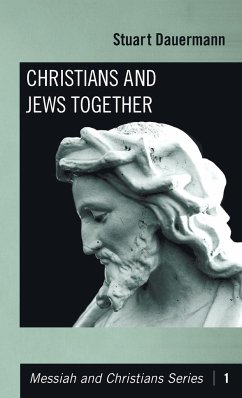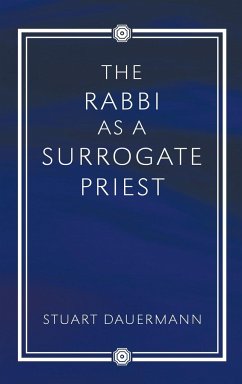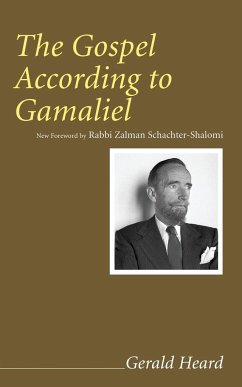The concept of the ""uniqueness"" of Christianity often blocks attempts at dialogue with other religions. Traditionally, the argument goes: if Christianity is unique, then to dialogue with others somehow diminishes the weight of the claim that Jesus and the Gospel are unique. But what if ""uniqueness,"" properly defined, actually constitutes the key for understanding both Jewish and Christian traditions? Author Gabriel Moran frames his analysis of ""uniqueness"" by discussing the implications of that question. In this fluent and conversational work, Moran examines the paradox surrounding the concept of ""uniqueness"" in Christian and Jewish religious traditions. He uncovers the layers of meaning that accrue in a word that is in some sense both illogical and yet indispensable for human religious conversation. Tracing a logic of uniqueness embodied in ""revelation,"" ""faith,"" ""chosenness,"" ""covenant,"" and ""mediator,"" Moran opens a conversation between Jews and Christians that will lead readers to greater wisdom and religious depth.
Hinweis: Dieser Artikel kann nur an eine deutsche Lieferadresse ausgeliefert werden.
Hinweis: Dieser Artikel kann nur an eine deutsche Lieferadresse ausgeliefert werden.

